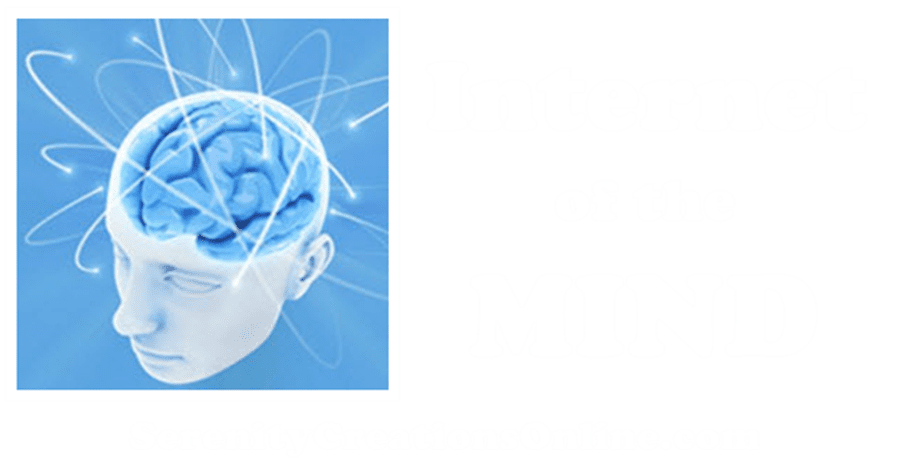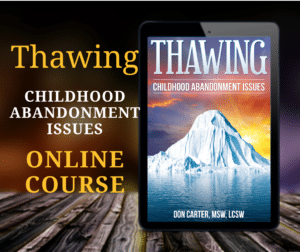
Twenty Signs of Marriage Problems
Marriage problems can be hard to sort out when emotions take over. When you finish reading this page…click over to Marriage Help for solutions to these problems. These twenty signs of marital problems are adapted to this website from John Bradshaw’s excellent 10-hour workshop on CD… Post-Romantic Stress Disorder. You can order the program and many of his other books, CD’s and DVD’s by clicking on this link: John Bradshaw.com
Signs of a Troubled or Toxic Relationship
Learn More at Serenity Cafe Academy
Twenty Signs of Marriage Problems
1. Slowly accelerating and repetitive conflicts… without effective resolution:
Top Three Marital Conflicts…
-
-
- Control of money… without effective resolution
- The frequency of sex… without effective resolution
- Family matters… without effective resolution
-
Notice that it’s not the conflict, but the lack of resolution that causes marriage problems.
2. Accelerating power struggles with each partner believing they are better, and/or more “right” than their mate. Skirmishes continue with occasional major battles and ceasefires.
-
-
- Scorekeeping – Attacking and criticizing each other’s contributions to the relationship…keeps the focus on the problem frame vs. solution frame.
- Attacking and criticizing each other’s differences causing self-generating cycles of contempt and shame.
-

-
-
- Criticizing leads to attacking,
- attacking to shame,
- shame to withdrawal,
- withdrawal to isolation
-
Treating each other like an enemy can only end in with a surrender or a temporary cease-fire. Your partner is supposed to be your best friend. When you treat your partner like an enemy they are likely to react like one…by defending, attacking, or withdrawing.
4. Hypersensitivity – because marriage problems are ongoing they become second nature, dropping into the subconscious mind as an implicit memory network — i.e., it becomes an automatic subconscious program & the defenses stay up for self-protection. When we get good at something it means that the neural network for that behavior has expanded…the human brain is compelled to continue to grow… so, we get better at everything we practice regularly – even networks of behavior that cause marriage problems.
KEY POINT: Remember the two methods for creating and developing a neural network – intensity and repetition. Marriage problems in the form of unresolved conflicts tend to become increasingly intense and repetitive… At some point fighting becomes the habitual way of relating to each other – the Steady State.

6. Original emotional wounds get worse from ongoing shaming (name-calling & belittling) and abandonment (Threats of abandonment & walking out)…hurting the ones we love the most.
7. Immediately wanting to escape and flee the relationship – more abandonment – Escape comes in many forms… TV, drinking, shopping, working, etc.
8. Bonded together by the “Terror of Aloneness” – We come back to, or stay in an unhappy relationship to avoid being alone – the Inner Child fear of abandonment…children can’t leave
9. The relationship is enmeshed, then disengaged – more abandonment…painful connectedness & separateness
10. Each partner is deficient in emotional literacy – unable to process feelings in a healthy way, they just give up trying and numb-out emotionally.
-
-
- without emotion, nothing matters
- with emotion everything matters
-
11. Unmet childhood dependency needs
-
-
- Spontaneous age regression occurs causing child-like feelings and behaviors, e.g. ACA syndrome.
- When we get married unmet childhood dependency needs emerge… one might be CEO of the company during the day and throw child-like temper tantrums at home in the evenings. The dominant brain is where the CEO resides; the non-dominant brain is where the inner child resides, i.e. the subconscious mind.
- If your initial secure attachment was to a wounded parent, you will carry their feelings (rage, shame, depression) in your attachment to them, as if there were an emotional umbilical cord.
- KEY POINT: Feelings work is a must… original pain must be surfaced and released, the grief process must begin, and emotional separation from the unhealthy parental attachment must occur. Carl Jung once said: “You can never really be in another relationship until you finish your source relationship”, i.e. emotionally separate/differentiate from a parent or you just end up re-enacting the dynamics of that original experience with intimacy.
-
12. Differences are treated as threats – Boundary issues.
13. Triangulation occurs: for example, extramarital affairs or pulling a child into the relationship in order to avoid intimacy Dance of Externalization
14. A history of Cross-generational bonding is present: a child becomes the special one, sorority sister, surrogate spouse, daddy’s girl, mama’s boy, little princess, etc.
-
-
- Cross-generational bonding occurs whenever there is an alliance that forms between one parent and child against the other parent… The child feels “I’m more important than the other parent to this parent” through subconscious perception
- Sets up the Drama Triangle
-
15. Avoiding one’s partner by engaging in an addiction… includes working or playing excessively at the exclusion of the other…diversion of energy into other things that bring the illusion of relief – survival skills
16. Accelerating disdain of partner which leads to re-definition of the whole relationship.
17. Lack of shared interests or time together to be involved with each other.
18. Loss of awareness for the needs of the partner.
19. Lack of concern for the needs of the partner.
20. Inability to know/express our own needs…lose touch with True-Self




